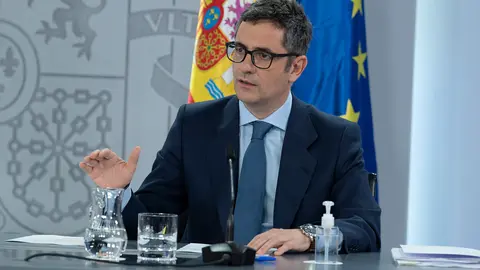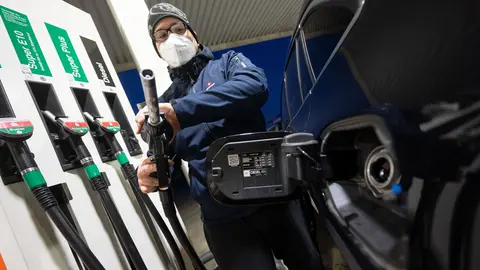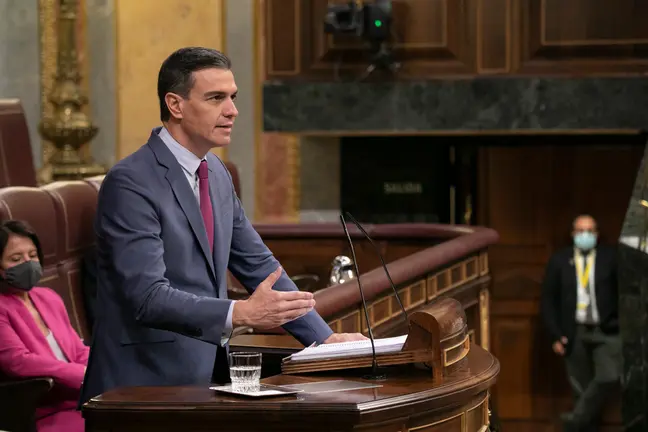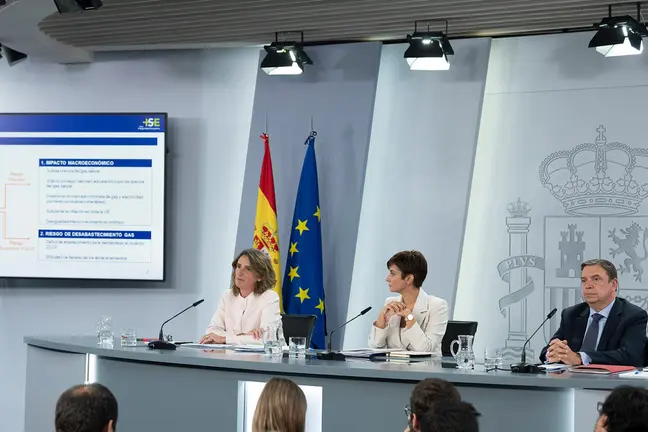The European Council held on Friday in Brussels gave in to the joint demands of Spain and Portugal to allow the two Iberian countries to take measures independent of the rest of the European market to try to lower electricity prices.
However, the measures adopted by these two countries - and which Prime Minister Pedro Sanchez did not detail in his press conference - must be communicated to the European Commission for validation, in order not to distort competition.
For Spain and Portugal, this 'Iberian exception' is justified by the low interconnection of the Iberian Peninsula with the rest of the European energy market, which turns both countries into an energy island.
The EU, however, is wary - especially some countries such as Germany and the Netherlands, but also others like Sweden and Denmark - of any direct intervention on the market by the states.
That is why, in a joint statement published Friday, EU leaders stressed that these are only temporary "emergency plans." And they tasked the European Commission to examine those emergency plans submitted by member states to cut energy prices.
The aim is to avoid disrupting the bloc's entire energy market if an EU member state decides to intervene directly.
The EU executive "stands ready to urgently assess the compatibility of emergency temporary measures," the statement said.
Present emergency plans
Spain is to present plans for such measures to the EU executive, "after the commission opened the door for action," Spanish Prime Minister Pedro Sanchez said in a press conference after the summit.
Pedro Sanchez, and also the Portuguese Prime Minister Antonio Costa, are satisfied. They have in their hands at least the tool to try to lower electricity prices. However, at the time of announcing the agreement, the head of the Spanish government did not give any details about the concrete mechanism that he will propose to the European Commission to try to lower prices.
Recently, the Spanish government announced that it will take measures at the meeting of the Council of Ministers on Tuesday 29 March to cap on electricity prices.
Spain, which suffers from uncontrolled inflation (7.6% in February) due to the link between the price of electricity and gas, had threatened to veto the conclusions of the European Council if its demands were not accepted.















